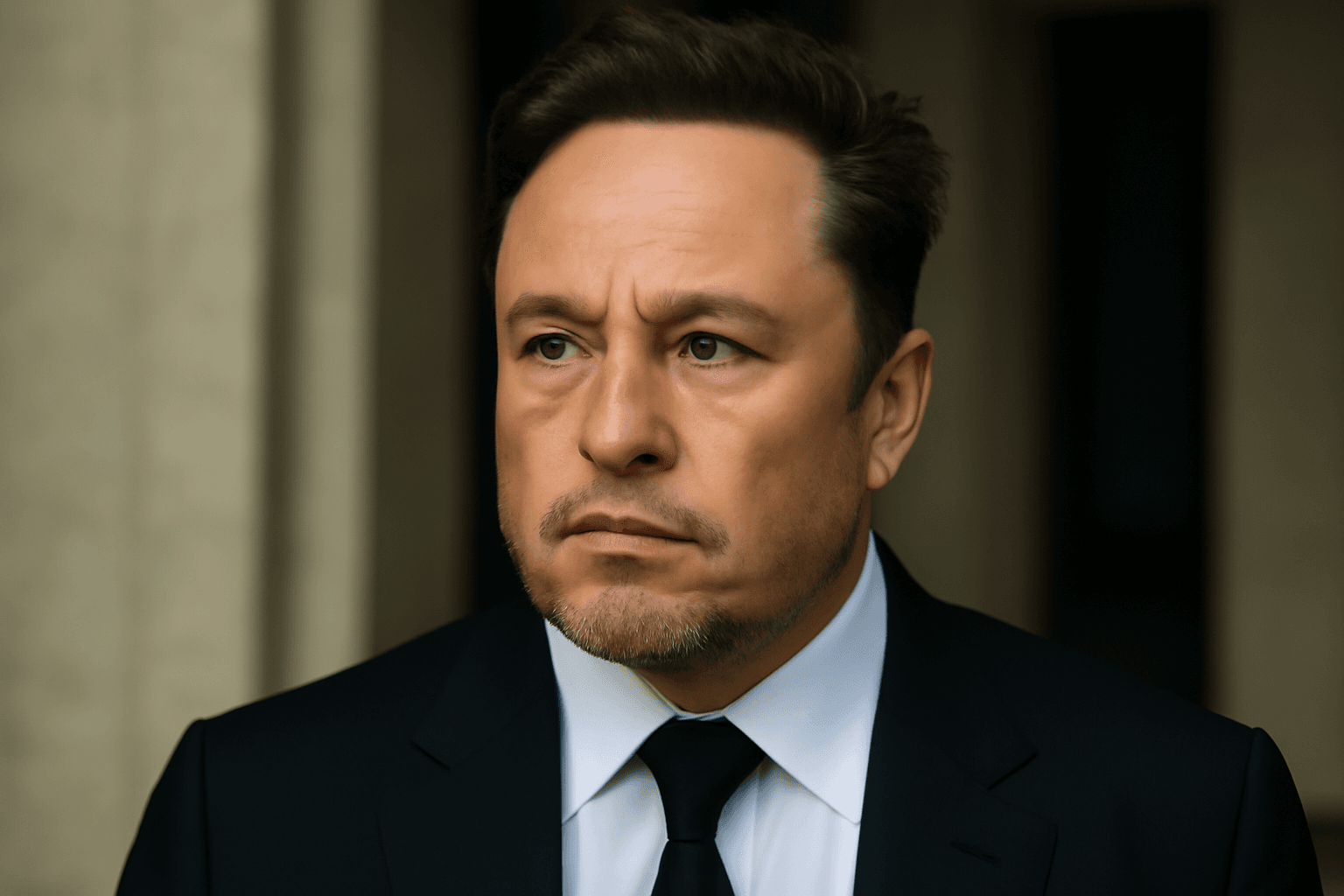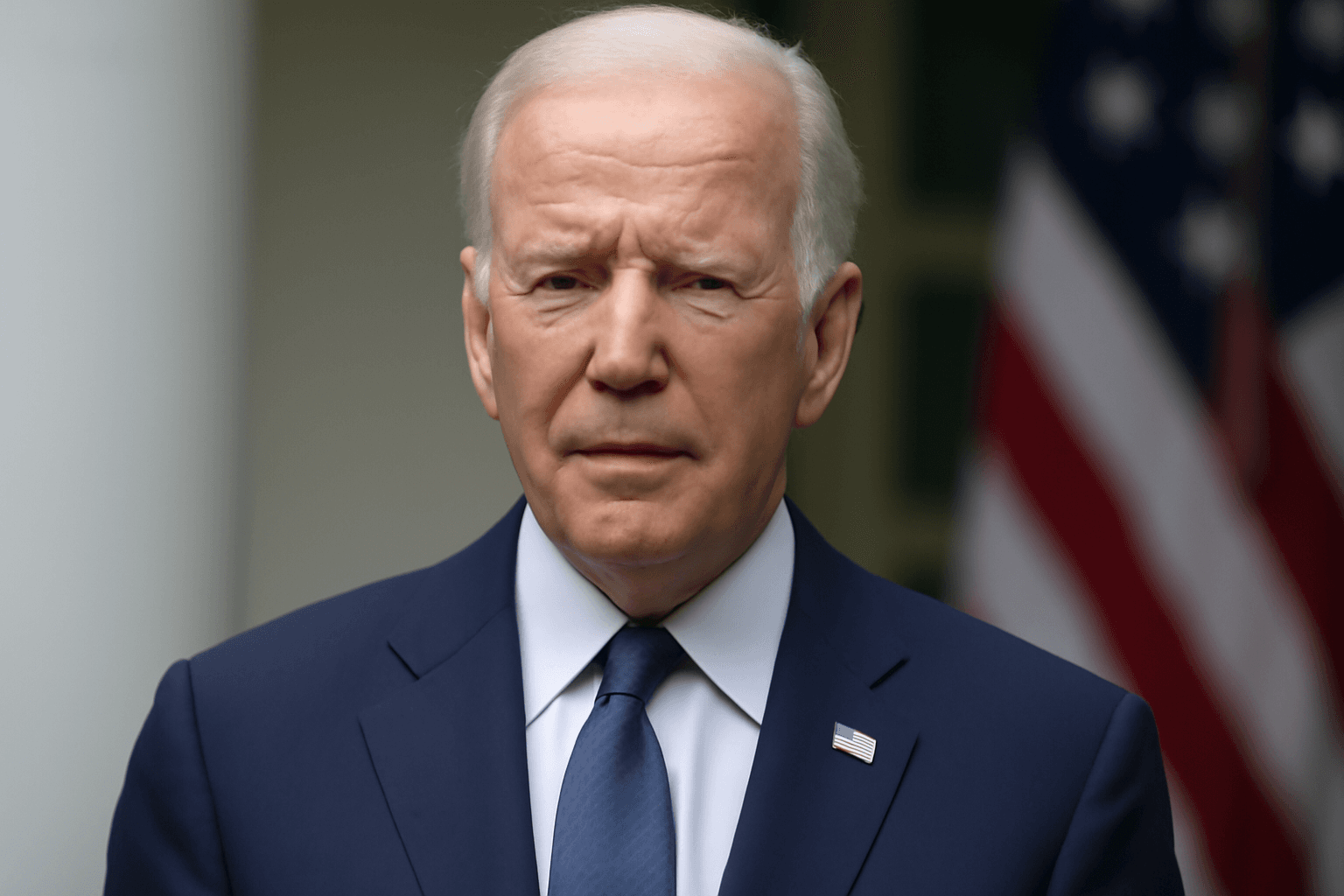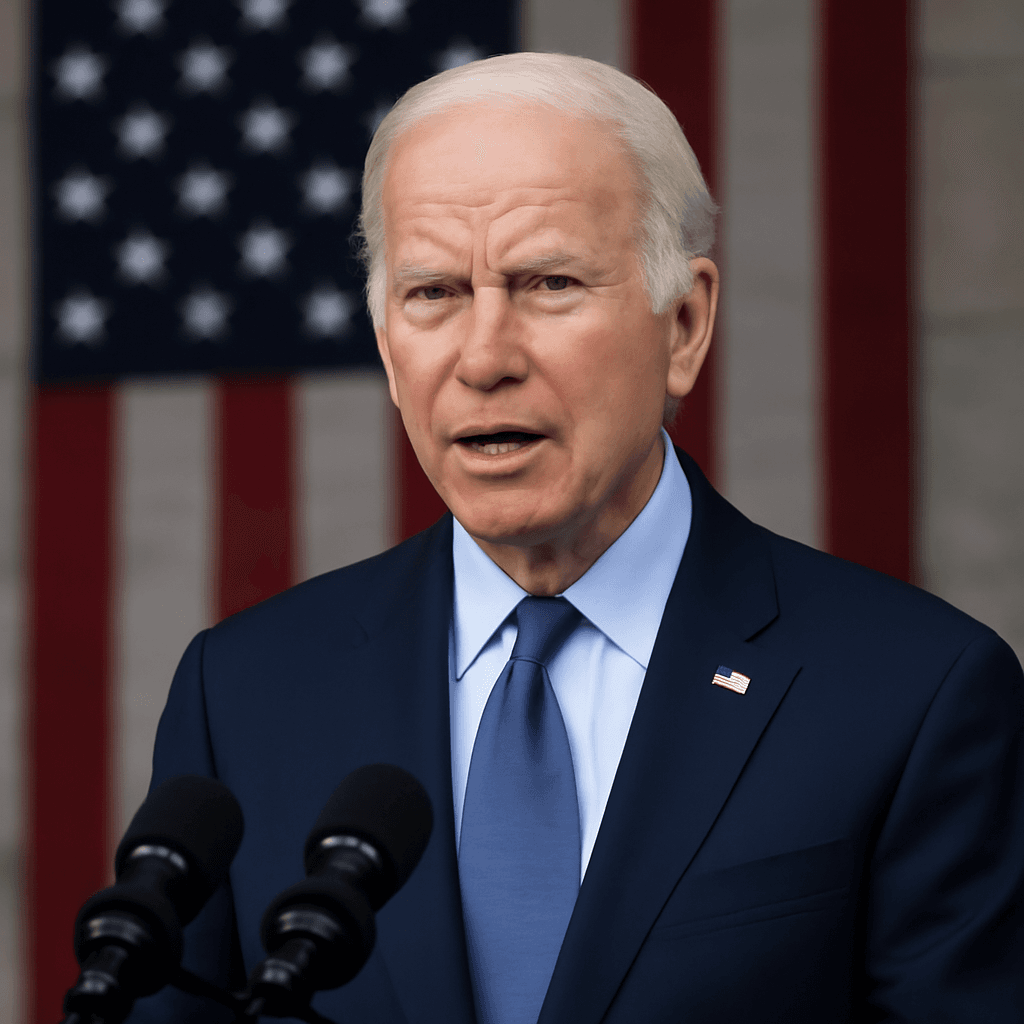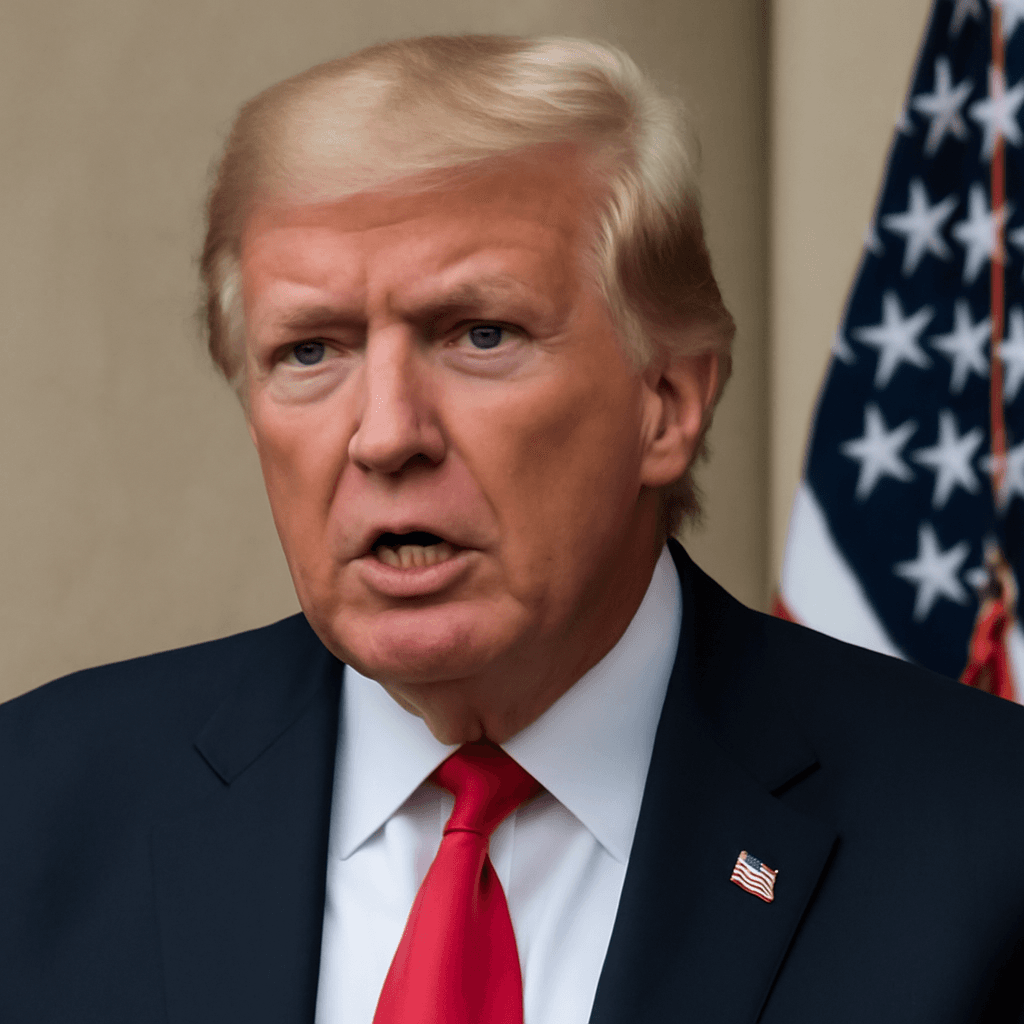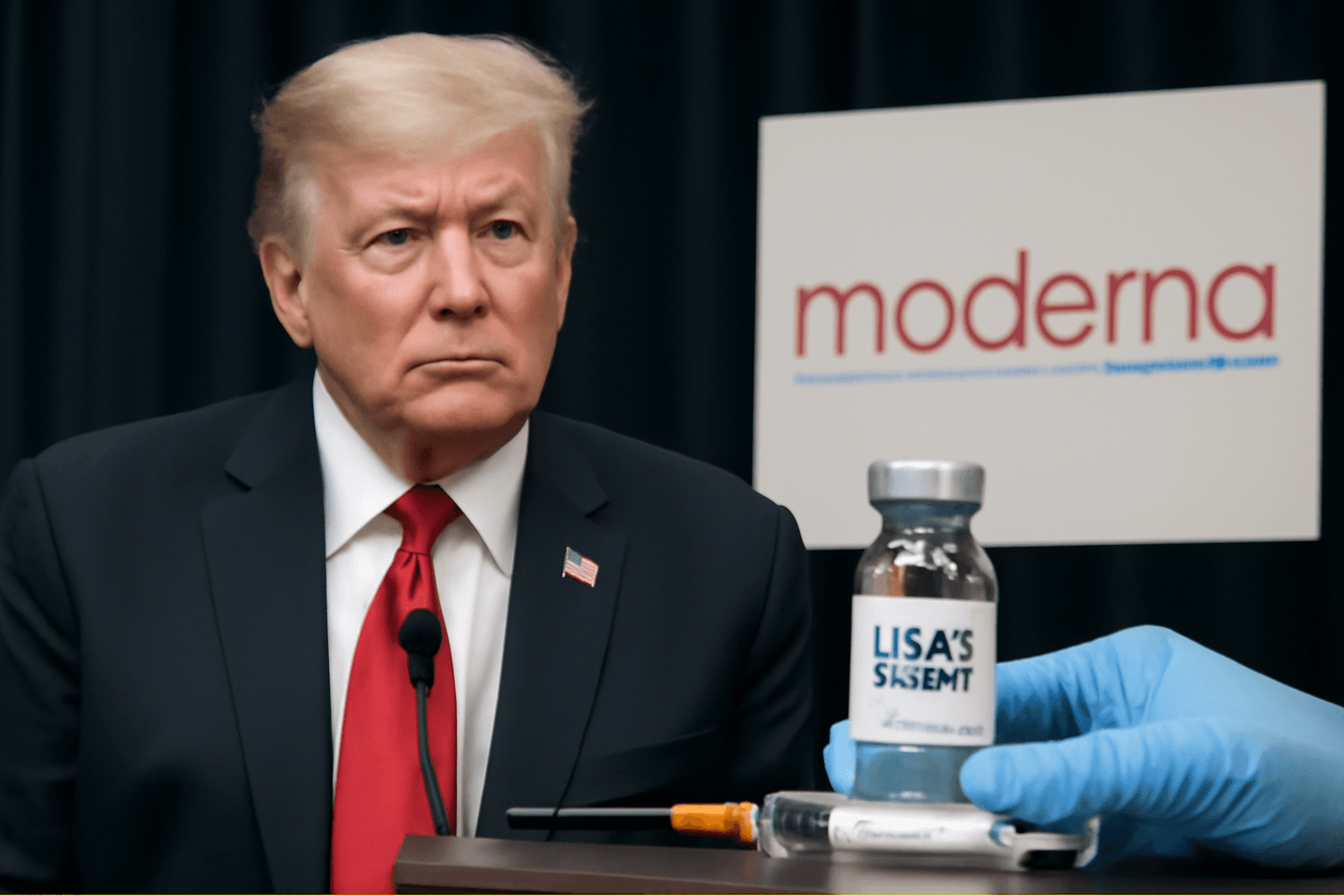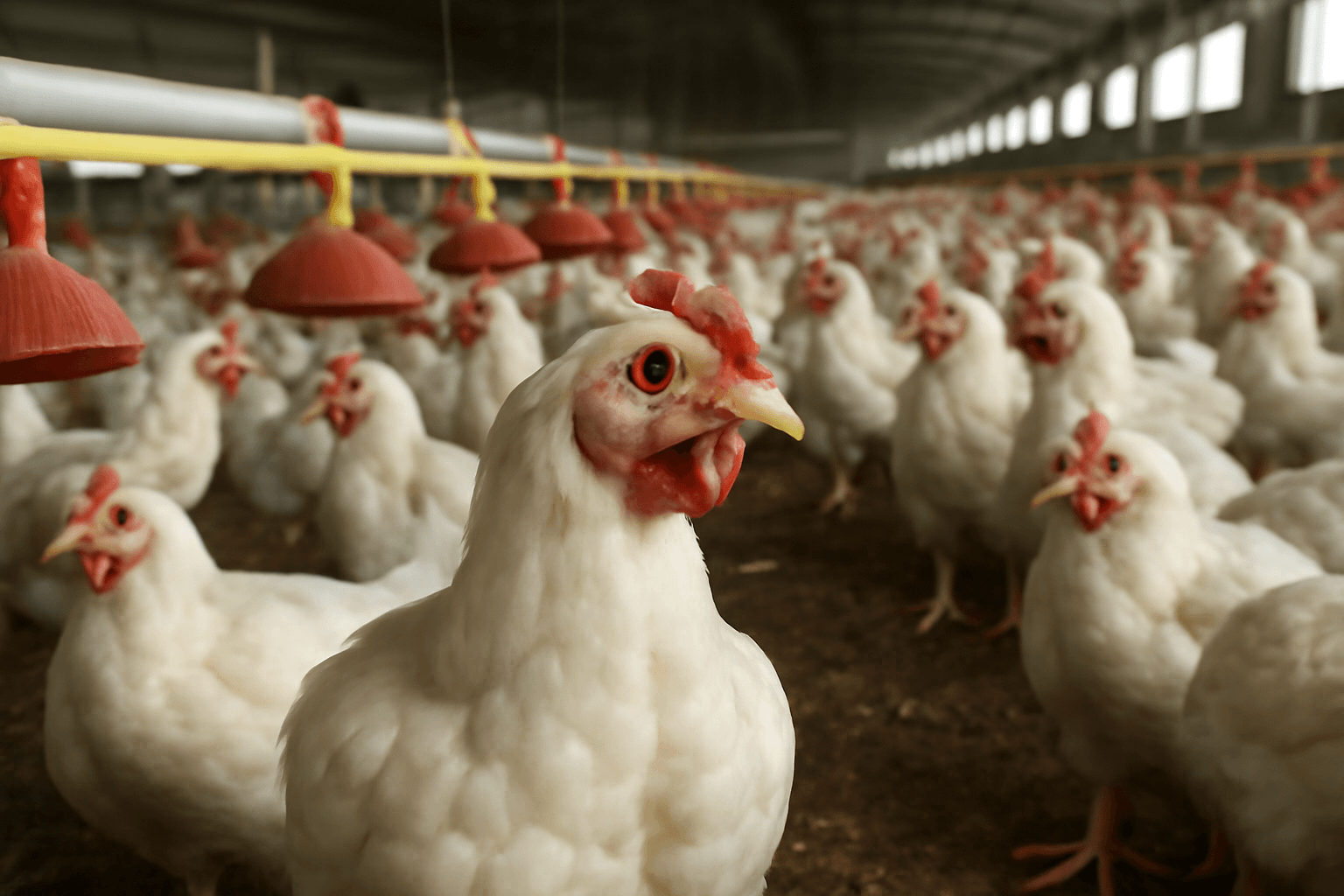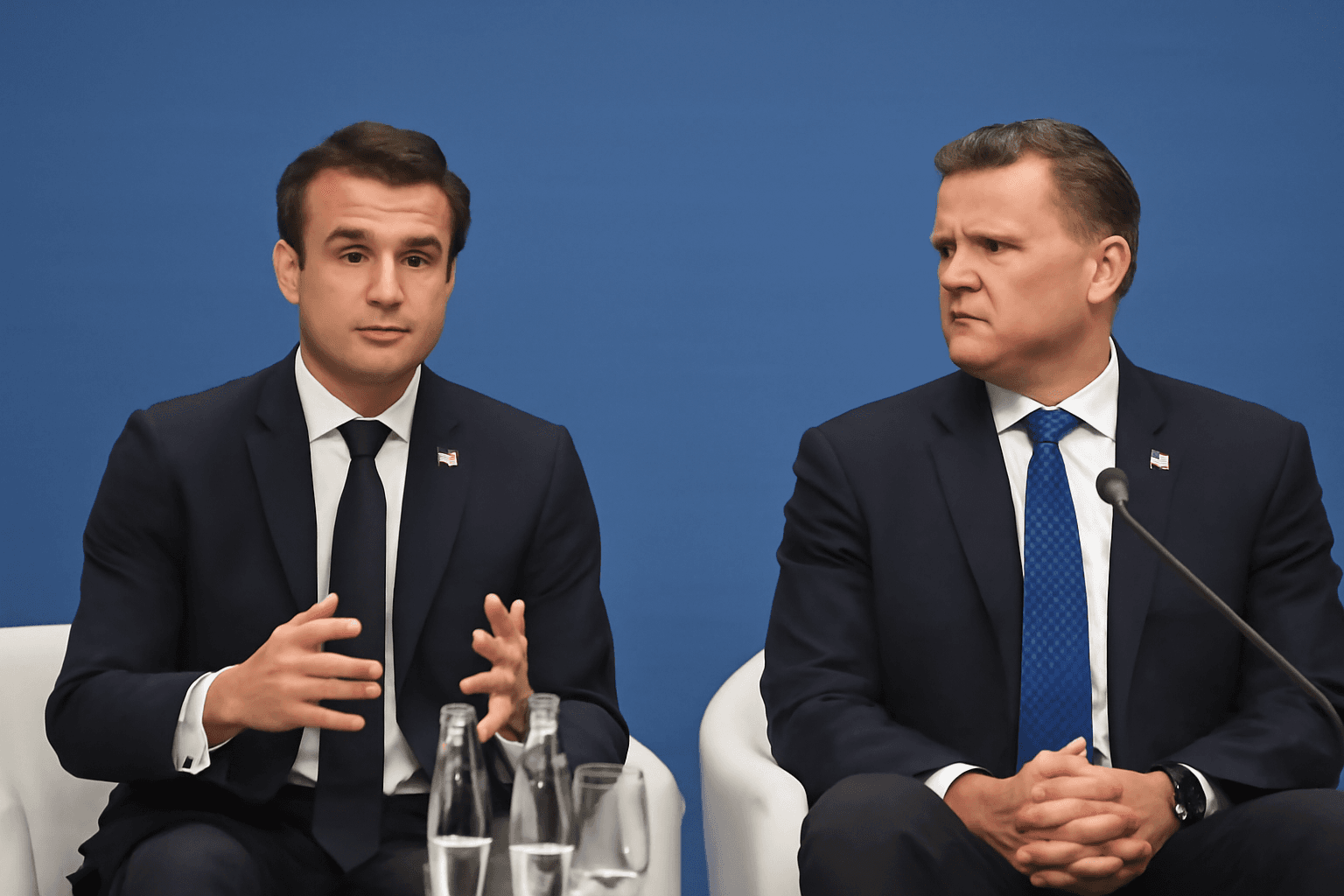The US government has cancelled a $766 million contract with Moderna for bird flu vaccine development, raising concerns as avian influenza cases increase across the country.
The contract, originally awarded during the Biden administration, aimed to advance Moderna’s vaccine development and expand clinical trials targeting multiple pandemic influenza subtypes. However, the Department of Health and Human Services (HHS), now under Robert F. Kennedy Jr., concluded that Moderna’s project failed to meet required scientific and safety standards, resulting in termination of federal funding and contract authorization.
RFK Jr., known for his skepticism towards mRNA vaccine technology employed by Moderna, reviewed and subsequently voided the contract. This decision comes at a critical time as bird flu outbreaks have been impacting US poultry farms and public health.
Moderna’s stock experienced minimal change in after-hours trading following the announcement. The company has faced financial challenges post-pandemic, reporting a first quarter loss of $2.52 per share on $86 million in product sales—below analyst expectations of $107.3 million in revenue.
According to the Centers for Disease Control and Prevention (CDC), as of early May 2025, 70 cases of avian influenza have been recorded in the US, including one fatality. Notably, in April 2024, the first human case of the H5N1 bird flu strain was confirmed in a Texas dairy worker, representing the first known transmission of this strain from mammals to humans.
This contract cancellation raises questions about the US preparedness for a potential worsening bird flu threat amid increasing infections. The situation continues to develop as health officials monitor the spread and impact of avian influenza domestically.



